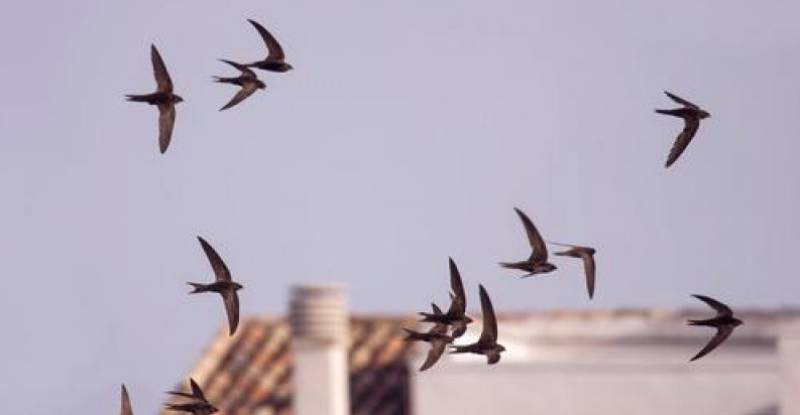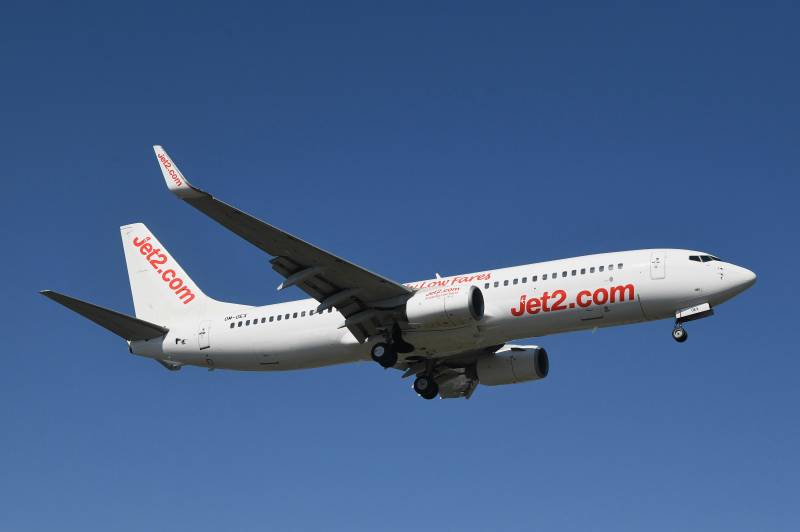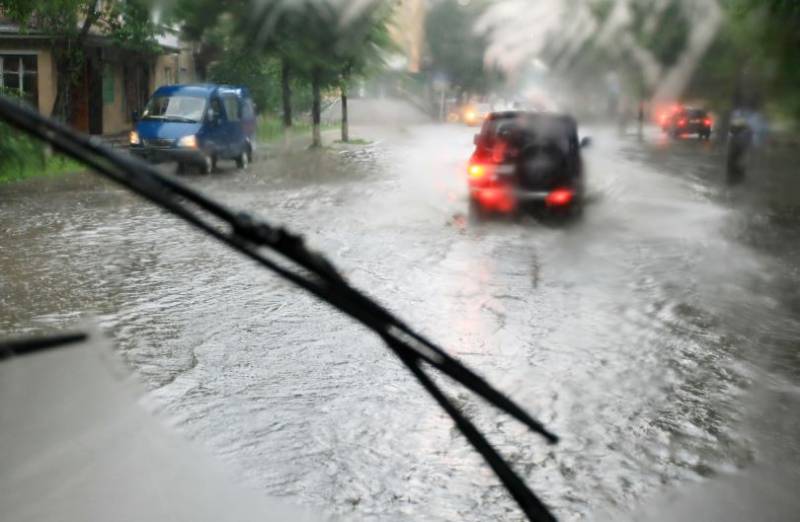- Region
- Vega baja
- Marina Alta
- Marina Baixa
- Alicante
- Baix Vinalopo
- Alto & Mitja Vinalopo
-
ALL TOWNS
- ALICANTE TOWNS
- Albatera
- Alfaz Del Pi
- Alicante City
- Alcoy
- Almoradi
- Benitatxell
- Bigastro
- Benferri
- Benidorm
- Calosa de Segura
- Calpe
- Catral
- Costa Blanca
- Cox
- Daya Vieja
- Denia
- Elche
- Elda
- Granja de Rocamora
- Guardamar del Segura
- Jacarilla
- Los Montesinos
- Orihuela
- Pedreguer
- Pilar de Horadada
- Playa Flamenca
- Quesada
- Rafal
- Redovan
- Rojales
- San Isidro
- Torrevieja
- Comunidad Valenciana
article_detail
Bird flu sends Spanish egg prices through the roof
Spain has now locked down all poultry farms as 14 new outbreaks detected across six regions

Eggs have become eye-wateringly expensive across Spain seemingly overnight as avian influenza (H5N1), more commonly known as bird flu, has gripped the globe.
A dozen medium eggs that cost €2.14 back in February now fetch €3.14 today. Large eggs have jumped from €2.33 to €3.25 over the same period. According to the Spanish Consumers' Organisation, the cumulative increase since 2021 has reached a staggering 137%.
Roberto Barceló, president of the Consumers and Users Network Association, warns that what we're seeing now isn't the end of it. "This will lead to a further increase, a price hike higher than what we're seeing now," he said, noting that prices have already climbed 25% to 30% depending on egg type.
The culprit is bird flu, and it's spreading fast. This week alone, the cold snap has accelerated outbreaks across the country. The Ministry of Agriculture has confirmed 14 cases in Valladolid, Huelva, Toledo, Badajoz, Guadalajara and Madrid. Across the entire EU, there are now 139 active outbreaks, according to the Animal Disease Information System.
The situation has become serious enough that as of yesterday, Monday November 10, the Spanish government has locked down all poultry operations. Birds can no longer be kept outdoors, a drastic measure already taken by Germany and France as they battle the same crisis.
Spain keeps around 47.8 million laying hens and so far this year, 2.65 million birds have either died from the disease or been culled to prevent its spread.
Since the beginning of the year, outbreaks in the United States and various European countries led to the culling of millions of chickens, "which resulted in a decrease in the supply of this product, requiring imports."
Those imports meant much less supply available in Spain and large food chains increased prices for producers, which triggered a chain reaction right through to shoppers.
Then in July, bird flu hit home harder. Outbreaks in Castilla y León and Galicia forced the culling of hundreds of thousands of chickens, significantly reducing both supply and production on Spanish soil.
The timing couldn't have been worse for another reason. Back in March, President Donald Trump opened up US markets to European eggs as America grappled with its own devastating outbreak that killed more than 82 million birds. Spain, producing around 120% of its own needs, seemed perfectly positioned to cash in on this export opportunity. Instead, the same disease that created America's shortage arrived here just as that golden opportunity presented itself.
The good news, if you can call it that, is chicken meat prices have only risen 3.6% year on year. The reason is straightforward enough. Spain produces 1.7 million tonnes of chicken annually from farms with around 600 million birds. Most of these operations keep their chickens in closed facilities that are less vulnerable to outbreaks.
When disease does strike, the impact gets diluted across such enormous numbers. The short life cycle of meat chickens, just six to eight weeks, also means flocks can be replenished relatively quickly.
Avianca, the interprofessional poultry organisation, insists there's no meat shortage.
This current wave of bird flu began in late 2020 and is considered the worst in history. It swept through Asia, Africa and Europe before hitting North America in 2021 and South America in 2022, where it even began infecting mammals.
Worldwide, more than 311 million birds have been killed either by the disease or through preventive culling. Europe has lost around 50 million birds.
The outdoor farming ban shows how seriously authorities are taking the threat. Wild birds carry the virus naturally, making any outdoor operation vulnerable. With winter settling in and temperatures dropping, conditions favour the disease's spread, which explains why outbreaks have intensified this week.
Image: Freepik
staff.inc.ali
Loading
Sign up for the Spanish News Today Editors Roundup Weekly Bulletin and get an email with all the week’s news straight to your inbox
Special offer: Subscribe now for 25% off (36.95 euros for 48 Bulletins)
OR
you can sign up to our FREE weekly roundup!
Read some of our recent bulletins:
Discount Special Offer subscription:
36.95€ for 48 Editor’s Weekly News Roundup bulletins!
Please CLICK THE BUTTON to subscribe.
(List price 3 months 12 Bulletins)
Read more stories from around Spain:
Contact Murcia Today: Editorial 000 000 000 /
Office 000 000 000


























